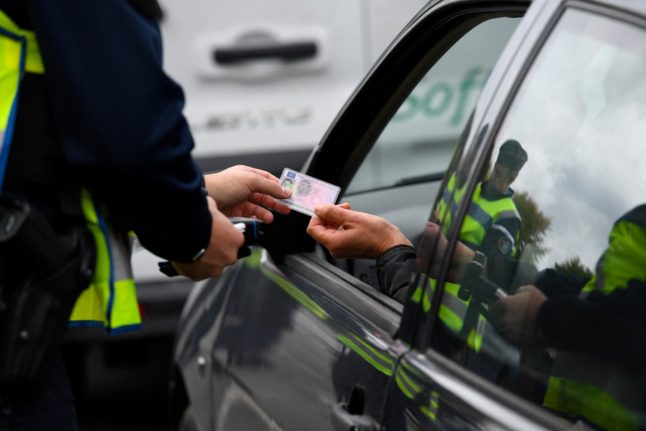Question: We live in the UK and have a second home in France where we typically spend around 6 months of the year. We don’t want to limit our stays to just 90 days out of every 180, so why can’t we apply to be residents of both France and the UK? If we apply for a carte de séjour in France will that solve the problem for us?
Pre-Brexit, there were plenty of people who split their time roughly equally between France and the UK and considered both places home.
The flexibility accorded by EU freedom of movement, coupled with the fact that France and the UK – unusually within the EU – did not require EU citizens to register for residency meant that people didn’t really need to spend too much time thinking about which country they were officially ‘resident’ in.
Sadly, those days are over.
Brits who were living in France before December 30th, 2020 and wish to continue living here must apply for a residency permit – known as a carte de séjour – and must do it quickly. The deadline to apply is September 30th, 2021 – extended from an earlier deadline of June 30th. Find out how to apply HERE.
Brits who live in the UK and own property in France now need to either limit their stays to 90 days in every 180 – find a full explanation of the 90 day rule HERE – or get a visa for longer stays.
READ ALSO How to get a visitor visa for France
But what about those who want residency in both?
Unfortunately, it’s more complicated than that. The Withdrawal Agreement carte de séjour is for people who live in France – if you declare residency that comes with other other obligations such as filing an annual tax return in France and consequently the loss of certain rights in the UK such as access to the NHS as a UK resident.
Residency in France gives you other rights such as the right to work and – useful in a pandemic – the right to return home even if the borders are closed to most other travellers.
Residency in immigration terms – ie where you live – is not the same as tax residency. Tax residency can become automatic after a certain number of days in a country, while immigration residency needs to be applied for.
It is estimated that up to 25,000 Brits living in France have not yet applied for residency – people who do not apply within the deadline and continue to live in France become undocumented migrants, with all the associated problems.
READ ALSO What happens to Brits in France who don’t register before the September 30th deadline?



 Please whitelist us to continue reading.
Please whitelist us to continue reading.
The info above is out of date in certain ways. As a result of changes in the last few years, the UK now allows access to the NHS by non-resident Brits as long as they remain citizens. If you have an S1 and register for a Carte Vitale the NHS pays for your health care anyway. This ‘dual access’ has long been the practice in the EU anyway for many nations. Whether or not you should remain registered with your previous local GP is a moot point but I suspect nobody will care very much either way. In any case, for public health reasons, access to GP services and A&E are free in the UK whether or not you are registered with the NHS or a UK citizen. The main exclusion used to be for planned treatments such as operations and courses of e.g. radiotherapy but the UK government has now recognised that people may prefer to have these done in their ‘home’ country and allows this. Problems will only arise if you become a citizen of another country.
NB I’ve checked the source of my information in the above that NHS treatment remains free even if you are covered by an S1 and it was in the covering letter from the NHS that came with my S1 form just over two years ago. It says that a charge will only be levied where there is a statutory one such as for prescriptions. But I would assume that the ‘free for 60 plus’ rule trumps that as well.
Thanks Iain, that is my reading of the situation too. It must be right that if you have paid into the NI pot until retirement, you can not only receive your pension if resident in France but if you still retain a residence in the U.K. you will receive the same NHS services as a permanent U.K. resident when you are in the U.K.